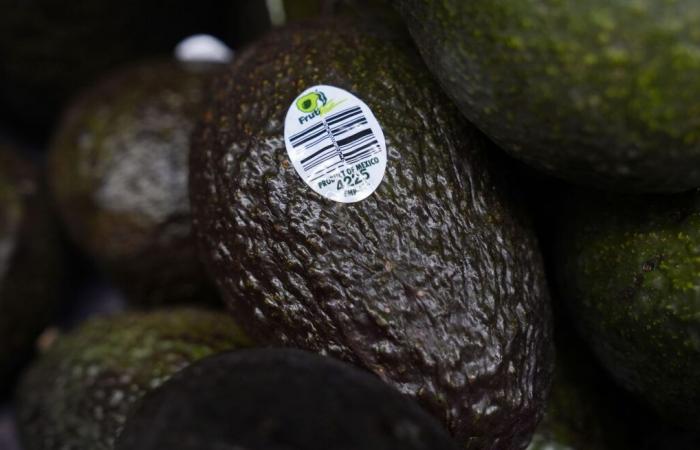
This text is the answer to the question of a reader sent to the mail of the economy team. To subscribe, click here.
If Canada decides to import products directly from Mexico, but will these products have to cross the United States, be subject to customs prices?
The imposition of customs tariffs by the United States on a wide range of foreign products has caused numerous calls to the diversification of markets. The question of our reader is therefore very relevant: if we wanted to replace American products with Mexican products, but that the latter had to go through the United States, what would happen with customs prices?
“Nothing”, replied Ari Van Assche, professor in the International Affairs Department of HEC Montreal. “There is what are called transshipment duties “, Or transhipment rights, he explains. When a product crosses a country to go directly to another, there is no price that applies to the Pays de Transit.
“There are many products consumed in Quebec that enter North America by New York or elsewhere and which are then put in trucks to go to Quebec. These products will not have American customs tariffs, ”continues Professor Van Assche. It is only in Canada that they would be subject to customs duties, if applicable.
It is up to Americans to check
That said, if a product goes from Mexico to the United States and is slightly modified in our neighbors, it would be tried “consumed in the United States, since it would not be considered a [transbordement]. In this case, there would be customs tariffs, ”confirms the expert.
-It is then the responsibility of the American authorities to carry out checks to ensure that a product only transit by the United States, explains the one who is also co-director of the International Institute of Economic Diplomacy. “Documentation plays an important role. »»
Obviously, it is not excluded that companies can bypass controls, “but the penalty of making mistakes like that is enormous”, so that does not happen often, specifies Mr. Van Assche. To facilitate surveillance, goods intended for transhipment are often treated in a sector apart from transit sites, such as ports, he adds. And “we make sure that there are no leaks”.
See beyond the price
“As soon as there is a customs rate, it is a tax that increases the cost of things that come from the United States,” summarizes the professor. But it’s not just the price to consider. Canadian consumers also choose their import products based on quality. “For this reason, we mention that the prices are always very expensive”, because we must either buy a more expensive product, or replace it with an equivalent of less good quality. In both cases, there is a decrease in consumer well-being.
“We are always very happy when Quebec products arrive in store,” he recalls. “We know that for agricultural products, there is a difference in quality” between what is cultivated in Quebec and what is imported, depending on where the products come from.
And should we reply to American prices? “It is politically difficult not to do it” with counter-tale, according to Mr. Van Assche. “Generally, customs tariffs hurt yourself than others, because you are putting a tax on products that harms consumers. That said, counter-triggers would be useful for “putting pressure on the United States so that they remove their own customs tariffs”.







